Equality Statement
An Inclusive Alternative Provision for Pupils Aged 5–16.
Victory Park Academy is an inclusive and nurturing alternative provision that supports pupils aged 5 to 16 who may have experienced challenges in mainstream settings. We are committed to providing an environment where every pupil is respected, supported, and given the opportunity to succeed.
Our vision is underpinned by our belief in equality, diversity, and the right of every young person to reach their full potential, regardless of background or personal circumstance.
Our Legal Duty under the Equality Act 2010
Victory Park Academy fully upholds the principles of the Equality Act 2010. As a public body, we have a duty to demonstrate due regard for the need to:
- Eliminate unlawful discrimination, harassment and victimisation
- Advance equality of opportunity between people who share a protected characteristic and those who do not
- Foster good relations between people who share a protected characteristic and those who do not
The protected characteristics under the Equality Act include:
- Age
- Disability
- Gender reassignment
- Marriage and civil partnership
- Pregnancy and maternity
- Race
- Religion or belief
- Sex
- Sexual orientation
We believe the Equality Act provides a vital framework to tackle discrimination, promote fairness, and help our students succeed socially, emotionally and academically.
Our Equality Principles
Our approach to equality is guided by the following principles:
- All learners are of equal value - no matter their background, needs, or experiences.
- We recognise and respect difference - we value diversity and understand that treating people equally may sometimes mean treating them differently.
- We promote positive relationships and inclusion - creating a strong, respectful and cohesive community.
- We apply fair and inclusive practices in staff recruitment and development - ensuring equal opportunities and progression.
- We proactively remove barriers - to engagement, learning, and wellbeing.
- We maintain high expectations - and offer targeted support to help every child reach their potential.
Equality Information and Monitoring
We collect, analyse and act upon data relating to:
- Protected characteristics (e.g. race, disability, sex)
- Pupils eligible for Free School Meals (FSM)
- Pupils with Special Educational Needs and Disabilities (SEND)
- Pupils with English as an Additional Language (EAL)
- Looked-after children (LAC)
- Young carers and other vulnerable pupils
This monitoring ensures that no group is disadvantaged and that all students can access the curriculum, enrichment activities, and therapeutic support equitably.
How We Meet the Public Sector Equality Duty
1. Eliminating Discrimination
We do this by:
- Maintaining an inclusive Equality Policy and Behaviour Policy
- Addressing and recording any incidents of prejudice-based language or behaviour
- Embedding diversity into our curriculum and teaching materials
- Providing staff training on equality, unconscious bias and inclusive practice
- Listening to and acting on feedback from pupils, parents and staff
2. Advancing Equality of Opportunity
We:
- Track the progress of all groups to identify any gaps and put support in place
- Design personalised interventions based on individual needs
- Involve pupils and families in planning and decision-making
- Ensure equal access to enrichment, leadership, and therapeutic opportunities
3. Fostering Good Relations
We:
- Promote respect, empathy and understanding through the curriculum and school culture
- Encourage cross-cultural celebration and shared learning
- Deliver PSHE and wellbeing programmes that challenge stereotypes and promote inclusion
- Engage with families and community partners to strengthen cohesion
Equality Objectives
In line with our duties under the Equality Act 2010 and our commitment to continuous improvement, we have identified the following Equality Objectives:
- Promote cultural awareness and respect between students of different backgrounds and beliefs across the school.
- Increase participation in enrichment and leadership opportunities for all student groups, particularly those with SEND or vulnerable status.
- Narrow attainment gaps between key student groups, including those eligible for FSM, pupils with SEND, and looked-after children.
- Improve accessibility across the school site and digital platforms for pupils, staff and visitors with disabilities.
- Promote diversity in staffing and leadership to reflect our school and local community.
- Reduce discriminatory language and behaviour, including homophobic, sexist, racist and ableist language, through consistent intervention and education.

.jpg)
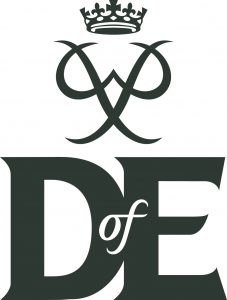
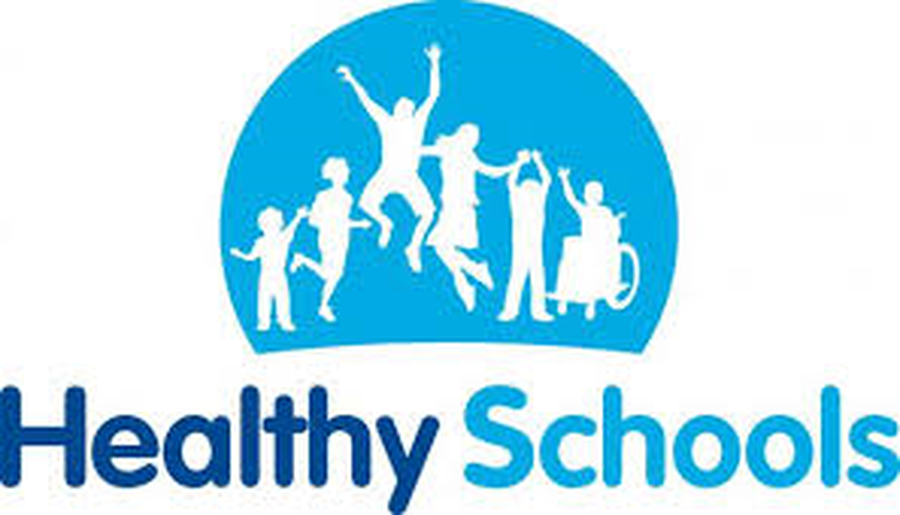

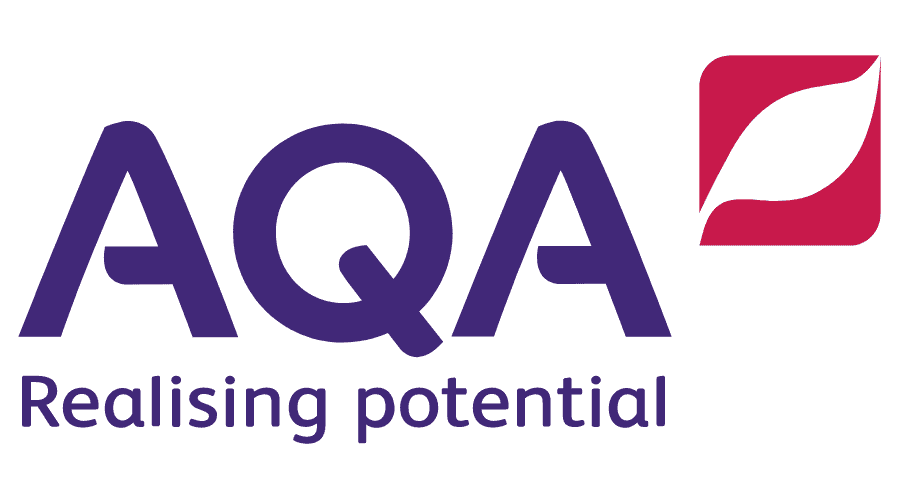


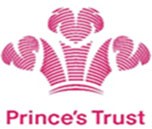
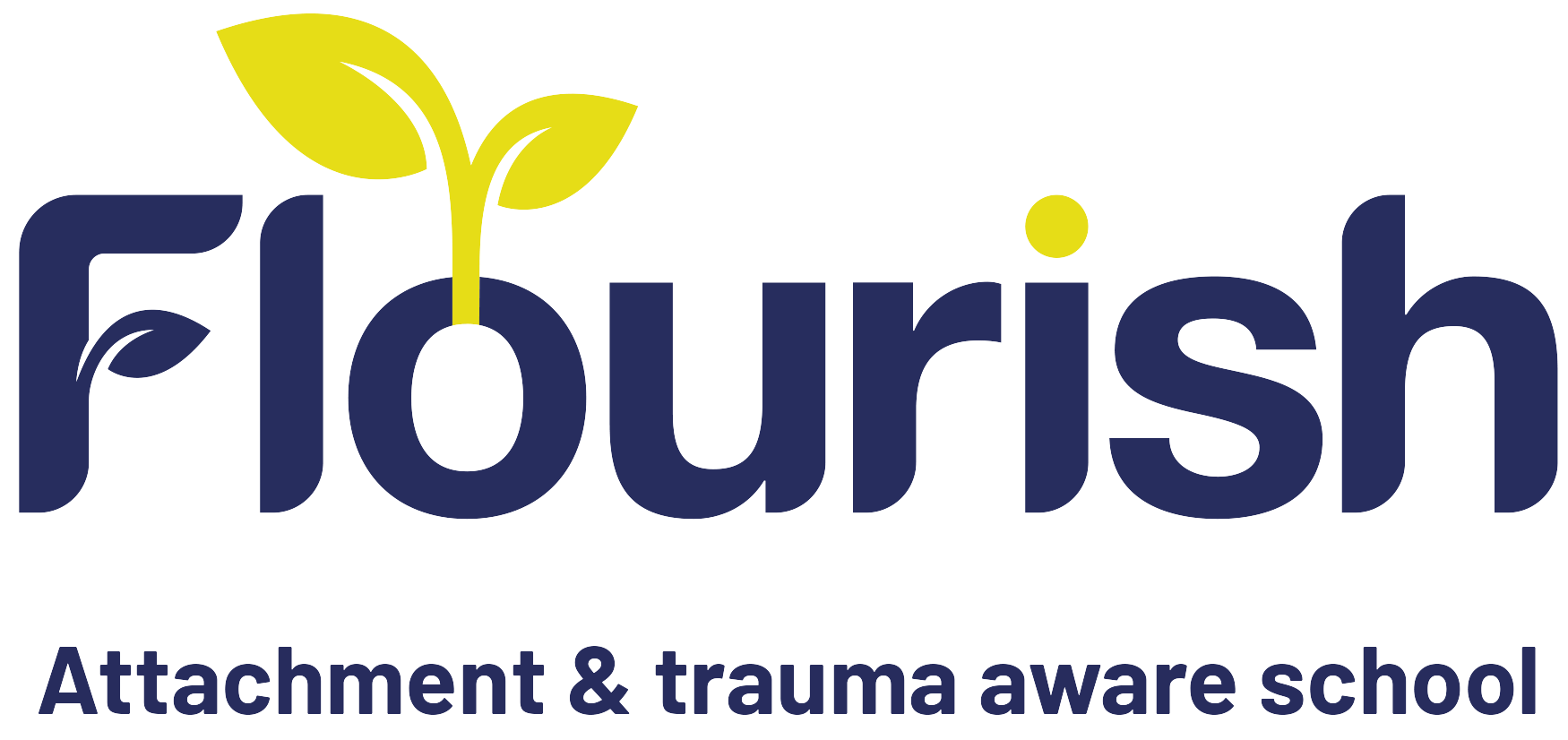
.jpg)